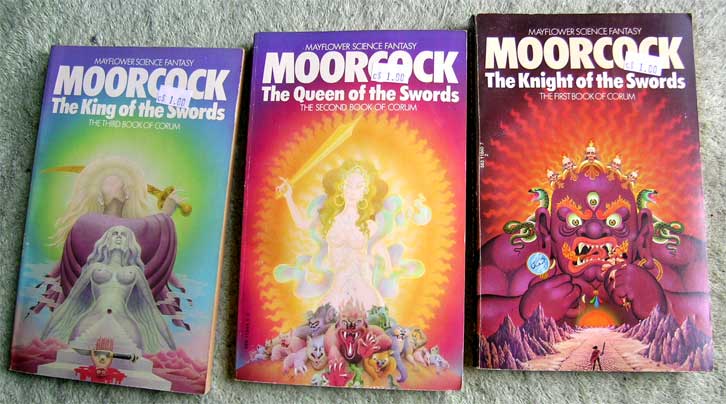
I was on vacation last week, visiting my sister's family who just had a new kid. I took the bus down and the train back and thought I would have plenty of time for reading, so ambitiously took 4 books from my on-deck shelf, all paperbacks that looked enjoyable but not worth hanging onto after having been read. My idea was to leave them where I finished them. I did get two books read, but my plans my overall goal of reducing the books on my on-deck shelf was waylaid by my generous friends and family who gave me a total of 3 books. So I left with an optimistic -4 reduction of books on my on-deck shelf, ended up reading 2 of them and gaining 3 new books, so the end result was a +1 to my on-deck shelf. One of the books I got, Gone Tomorrow by Lee Child, I almost read in its entirety on the train and just finished last night. So that puts me back at zero.
My friend Alex had expressly bought the book for me as we share an appreciation in high level ass-kicking and general badassedness. He deemed Lee Child's popular (I discovered) character Reacher to be worthy of our consumption. After having finished Gone Tomorrow, I have to agree. Reacher is the ultimate survivalist, except for his environment, at least in this novel, is not the jungle or the mountains or the arctic, rather it's the modern world. He seems to just go from place to place with a toothbrush, toothpaste, a passport and a bankcard in his jeans pockets. He knows how to bribe his way to cheap rooms in hotels. He can find a terrorist hideout in midtown Manhattan simply by a process of logical elimination. He has all kinds of combat skills. Gone Tomorrow is like the 15th in the series and I appreciate that the author doesn't spend too much time recounting all Reacher's past battles as sometimes happens in these kinds of books. Save that effort for loving explanations of the Spas-12 (my favourite automatic shotgun, which was a good sign when it showed up in the book, but unfortunately never got used) or the 13 signs that indicate someone is a suicide bomber.
And that's how the book starts out, with Reacher on the NYC subway heading somewhere after being at a jazz club and noticing the woman opposite him displaying all 13 signs. It's a great hook and leads off into a pretty engaging mystery. At times, the investigation and exposition got a bit flabby near the middle, but when the action did come it was quite excellent. And actually, the story itself was pretty well plotted and revealed itself in richer and richer layers, making a fairly plausible and interesting scenario for why both an up-and-coming politician and a terrorist group would want a single image eliminated.
This is manly, modern stuff, thick and embossed, walking an interesting political line. It's basically pro-military but just critical enough of blundering and fascistic federal agencies to appeal to us liberal-type dudes. For my taste, I'd prefer to see these kinds of books a lot thinner, maybe cutting out 100 pages of the hero going back and forth between DC and New York would have made for a tighter, faster book like its counterparts from the 70s, but considering that it is a best-seller in America today, it's pretty high quality. I'll be keeping an eye out for the others in the series.










